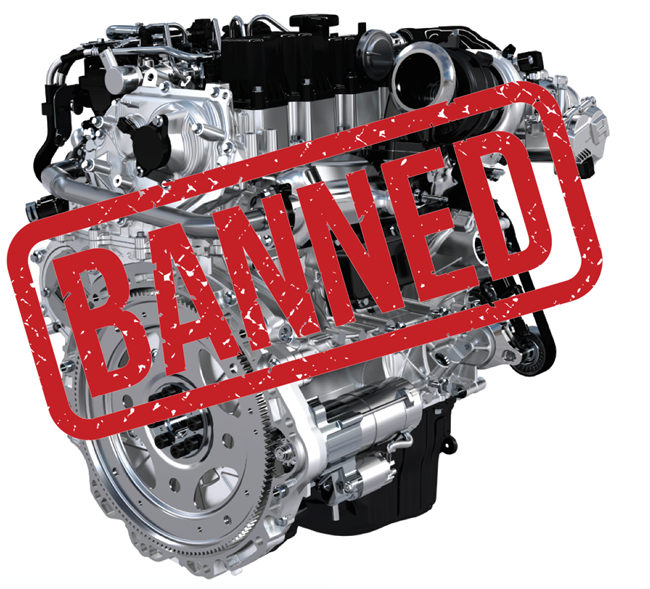
The start point for the best source of fleet information |
2030 ICE ban fleets' number one concern, Arval finds
Date: 25 May 2022 | Author: Sean Keywood

The pressure of working towards the 2030 ban on new petrol and diesel vehicle sales is the number one concern fleet decision makers face over the next five years, according to leasing company Arval.
The latest published finding from its Mobility Observatory Barometer research shows that 43% of respondents saw the 2030 deadline as their top challenge.
This was followed on the list of fleets' top three concerns by a lack of road infrastructure causing congestion (named by 28% of respondents), and the introduction of stricter clean air zones in urban areas (26%).
Head of the Arval Mobility Observatory in the UK Shaun Sadlier said: "Clearly, businesses see the transition to their fleets becoming zero emission - which for the overwhelming majority will mean the adoption of electric vehicles (EVs) - as by far the biggest transport challenge they face.
"Our interpretation is that the progression to EV operations is now quite clearly mapped out for most, something that the research shows to be true across organisations of all sizes, but the process of implementation is still very much seen as a considerable undertaking."
Sadlier said there were different and separate obstacles to overcome for car and van operators.
He said: "For car operators, EV adoption is fast reaching a state of 'business as usual' in the vast majority of cases. It is van fleets that are going to find moving away from internal combustion engines (ICE) much more of a challenge, with issues ranging from vehicle availability to charging accessibility and more."
Considering the other factors highlighted in the research, Sadlier noted a shift towards concerns over operational considerations, rather than business transport policy issues.
He said: "Congestion remains an area of worry, with traffic returning to levels comparable with pre-pandemic times. Also, clean air zones are seen as a quite significant challenge, although this matter can generally be resolved in the short-term by switching low emission vehicles into low emission areas, while in the medium term this will disappear thanks to the transition to EVs.
"Managerial challenges that have fallen away include increased vehicle taxation, which is less of an issue thanks to low taxation for EVs, and flexible working, which is now a permanent feature in most workplaces where it is practical.
"Finally, interest in mobility solutions has perhaps become less immediate as the threat of Covid has receded - in our view, it is likely that fleet managers are strategically aware of this solution, but are taking more time and support to consider their approaches, which may continue without any government intervention to spark a faster implementation."










